What makes a fish a fish?
0
Overview
Using this Resource
Connecting to the Curriculum
Marking Student Responses
Working with Students
Further Resources
This task is about what features an animal has to have to be a fish.
Use the pictures below to answer questions.
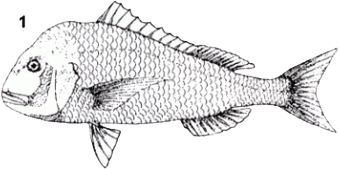
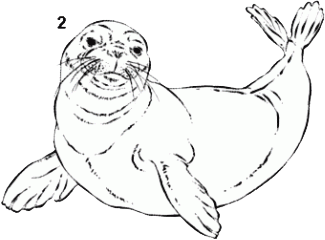
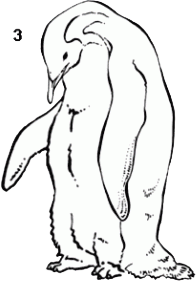
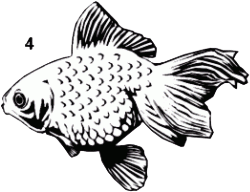
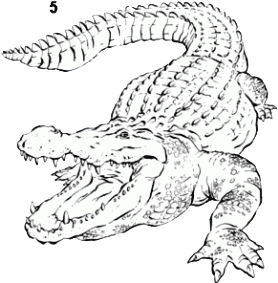
Task administration:
This task can be completed with pencil and paper or online.
Copyright:
Level:
2
Curriculum info:
Keywords:
Description of task:
Task: from a set of animals students identify which have observable features common to fish. They then use this information to identify which of the animals are fish. Assessment focus: classification of fish.
Curriculum Links:
Capability: Gather and interpret data
This resource provides opportunities to discuss when we look very carefully and notice lots of things it helps us describe how things are similar and different.
Science capability: Gather and interpret data (Tāhūrangi)
This resource provides opportunities to discuss when we look very carefully and notice lots of things it helps us describe how things are similar and different.
Science capability: Gather and interpret data (Tāhūrangi)
Science capabilities:
Answers/responses:
| Y4 (11/2004) | ||
| a) | fish, seal, penguin, fish, crocodile |
5 correct - easy 4 or less correct - very easy |
| b) | fish, fish |
2 correct - difficult 1 correct - moderate |
| c) | fish, fish |
2 correct - easy 1 correct - very easy |
| d) | fish, fish |
2 correct - very easy 1 correct - very easy |
| e) |
Any 3 of:
|
3 correct - easy 2 correct - very easy 1 correct - very easy |
Diagnostic and formative information:
This resource was trialled with 145 students.
- Most students knew which animals were fish. They found it more difficult to identify why they were classified as fish.
- Previous large-scale research has shown that many students will choose one feature to justify which group an animal belongs to. This task purposely directed them to select three features. The students in this trial were most likely to choose gills (66%).
- The students in this trial had the most difficulty with differentiating between fins and flippers. 68% circled the seal as having fins, and 39% circled the penguin.
There are other features of fish that were not addressed in this resource because students cannot observe them from a picture. The most important of these are:
- fish are cold-blooded;
- fish have a backbone; and
- most lay eggs.
These features should also be considered when discussing the fish family. Use children's prior knowledge about fish, e.g., fish live in water and can swim. Use reference material to answer questions, or look at a fish skeleton.
Next steps
Encourage students to consider all the features that classify an animal as a fish. Challenge them if they give just one feature by questioning, for example: An alligator has scales. Is it a fish? Why not?
- There are a number of ARB resources about classification. Use the key words classification and fish to find those that complement this resource.
- Ministry of Education (2003). Building Science Concepts Book 39, Is this an animal? Wellington: Learning Media.
- Insects and other animals
- Which doesn't belong?
- A fly is not a spider
- Sorting animals II
- Mammal, bird or fish
- Not an insect
- Grouping animals
- Which is hardest?
- Fish and birds
- Animal dominoes
- Which group does it belong to?
- Animal groups II
- Animal picture cards
- Invertebrate animal groups
- Vertebrate animal groups
- Moths and butterflies

